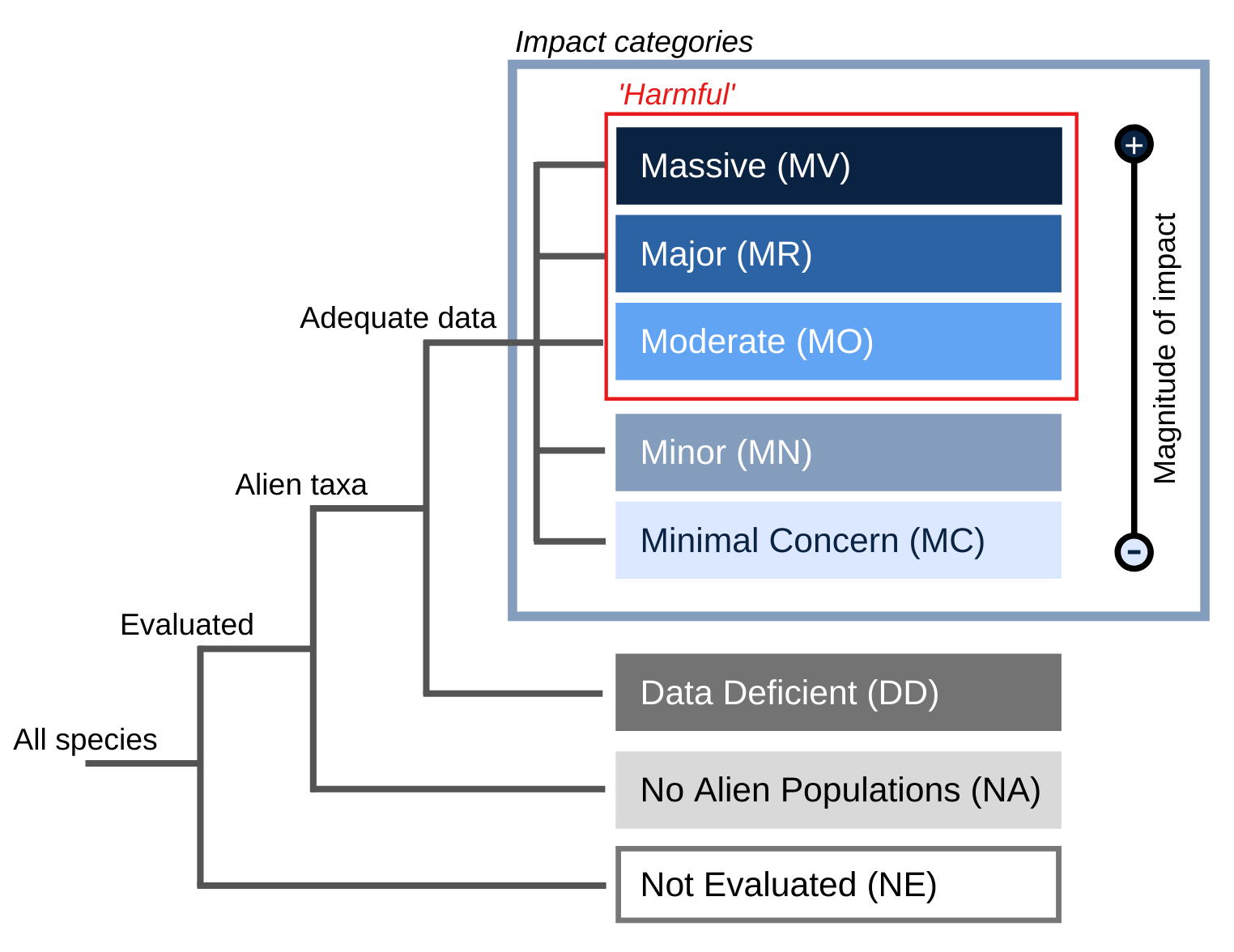Milvago chimango
System : Terrestrial
Kingdom
Phylum
Class
Order
Family
Animalia
Chordata
Aves
Falconiformes
Falconidae
- Not Evaluated
NE - No Alien Population
NA - Data Deficient
DD - Minimal Concern
MC - Minor
MN - Moderate
MO - Major
MR - Massive
MV
- General
- Distribution
- Impact
- Management
- Bibliography
- Contact
Common name
Chimango caracara (English)
Synonym
Similar species
Summary
Principal source:
Compiler:
Review:
Publication date:
Recommended citation: Global Invasive Species Database (2026) Species profile: Milvago chimango. Downloaded from http://www.iucngisd.org/gisd/species.php?sc=2047 on 23-02-2026.





